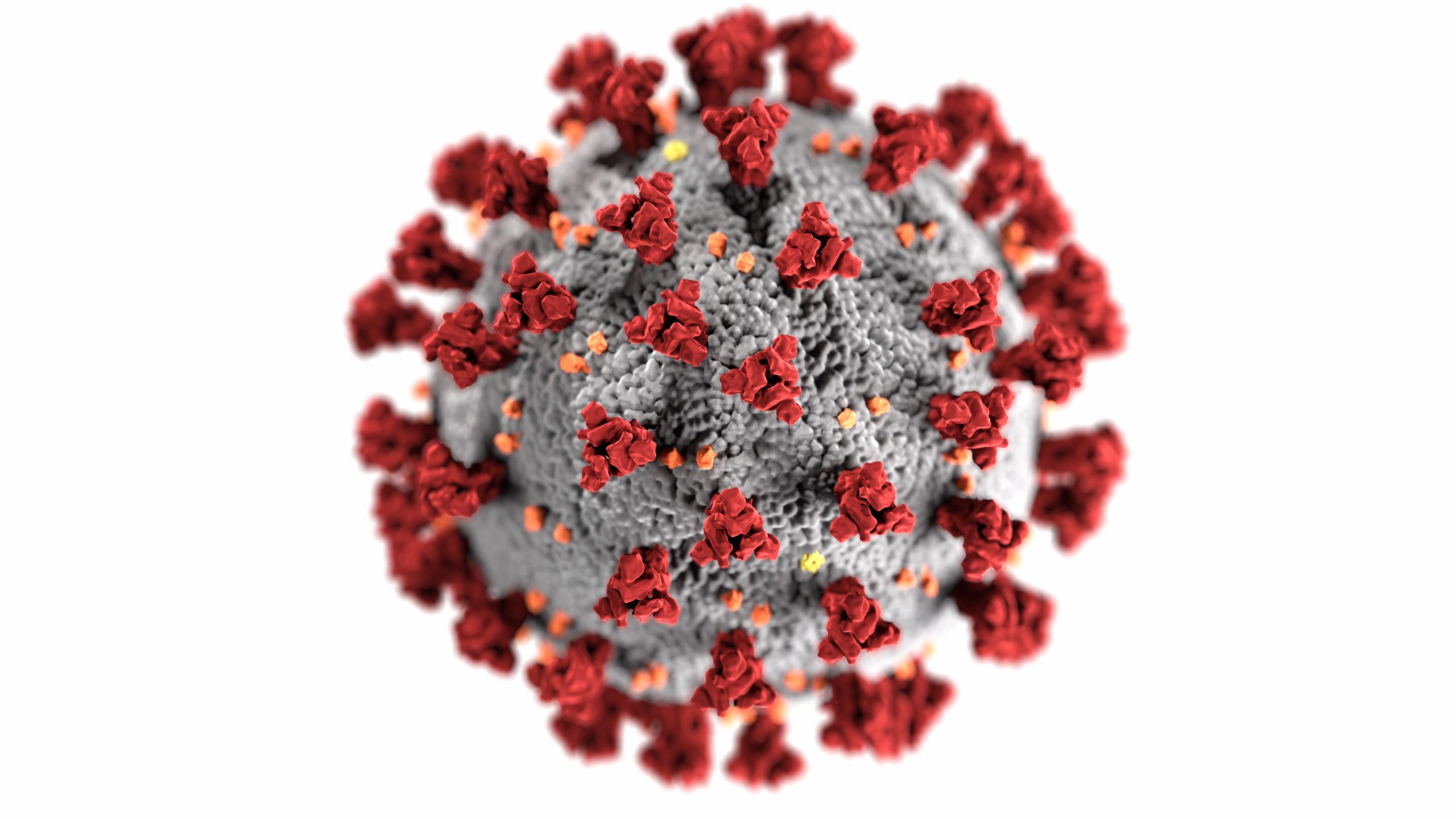
Lauren Dempsey, MS in Biomedicine and Law, RN, FISM News
[elfsight_social_share_buttons id=”1″]
The WHO has identified and is continuing to monitor a coronavirus variant known as B.1.621, or the “mu” variant. This variant was first identified in South America and there are now confirmed cases in 42 countries. While this variant of COVID-19 accounts for 39% of cases in Columbia, the global prevalence is 0.1%. The variant has been identified in the United States, with California reporting a total of 384 cases.
According to health officials, the mu variant is more transmissible than the delta variant and has the potential to resist vaccines. However, according to Dr. Fauci, the delta variant continues to remain the dominant strain, accounting for 99% of the current cases. It is believed that the mu variant could potentially be difficult to vaccinate against. The WHO’s Virus Working Group explains that this new variant “has a constellation of mutations that indicate potential properties of immune escape,” and that further studies are needed to evaluate natural and vaccine induced immunity.
Is this new variant a cause for concern in the United States, especially as a number of breakthrough cases are being reported? To answer this question it is important to understand why we are seeing variants and how this relates to vaccination. Variants are a normal occurrence as viruses mutate to find more susceptible hosts that they can infect and therefore improve viral survival. Viruses have the ability to change their genetic information. In the COVID-19 variants, we are seeing that these mutations are happening in the spike proteins and this new protein sequence results in the ability of the virus to potentially infect individuals who have had previous infection or have been vaccinated.
The current vaccines available do not prevent infection, or transmission of the virus, however they do reduce the amount of time it takes your body to mount an immune response, therefore reducing symptoms. The Moderna and Pfizer vaccines are more than 90% effective against hospitalizations and death, but a CDC study shows that individuals who are vaccinated can contract and spread the delta variant. This is similar to challenges that other vaccines experience. Viral mutations of influenza viruses occur naturally and quickly, which is why new flu vaccines are developed each year, and do not provide life-long immunity and vaccine-induced immunity wanes over time.
Dr. Charles Chiu, a prominent virologist, found that 78% of infections in fully vaccinated individuals were caused by variants with antibody resistant mutations. This was compared to 48% of cases among unvaccinated individuals. The research compiled data from 1,378 positive cases in the Bay area and revealed that these mutations play an important role in vaccinated individuals testing positive.
The WHO believes it is likely that COVID is here to stay. Dr. Mike Ryan, the executive director of the WHO’s Health Emergencies Program stated that “I think this virus is here to stay with us and it will evolve like influenza pandemic viruses, it will evolve to become one of the other viruses that affects us.” Dr. Ryan said “People have said we’re going to eliminate or eradicate the virus, no we’re not, very, very unlikely.”
